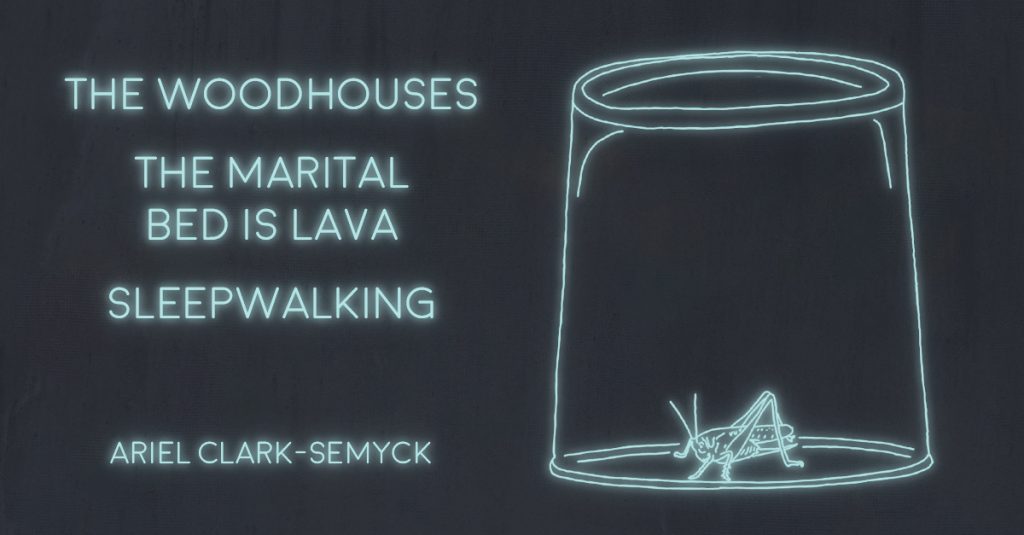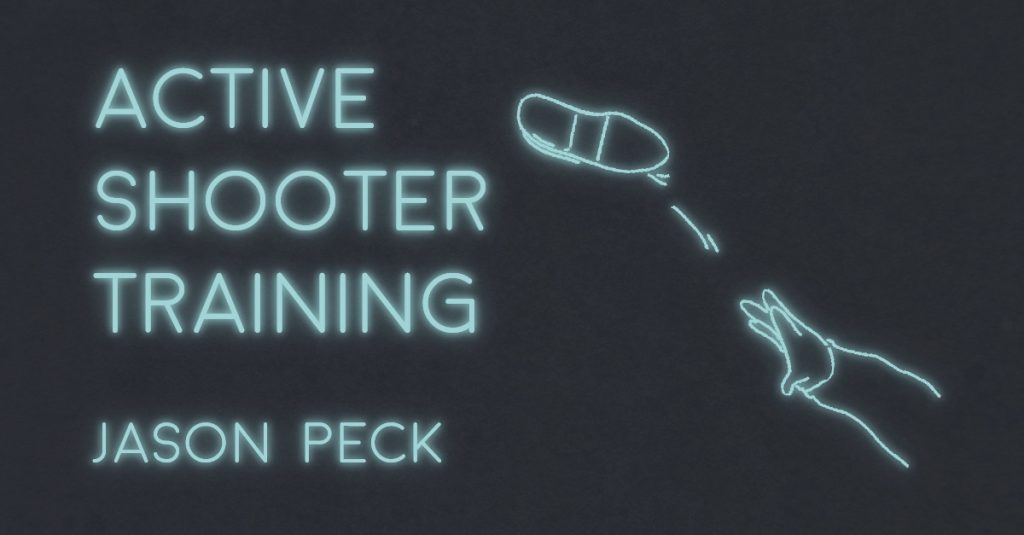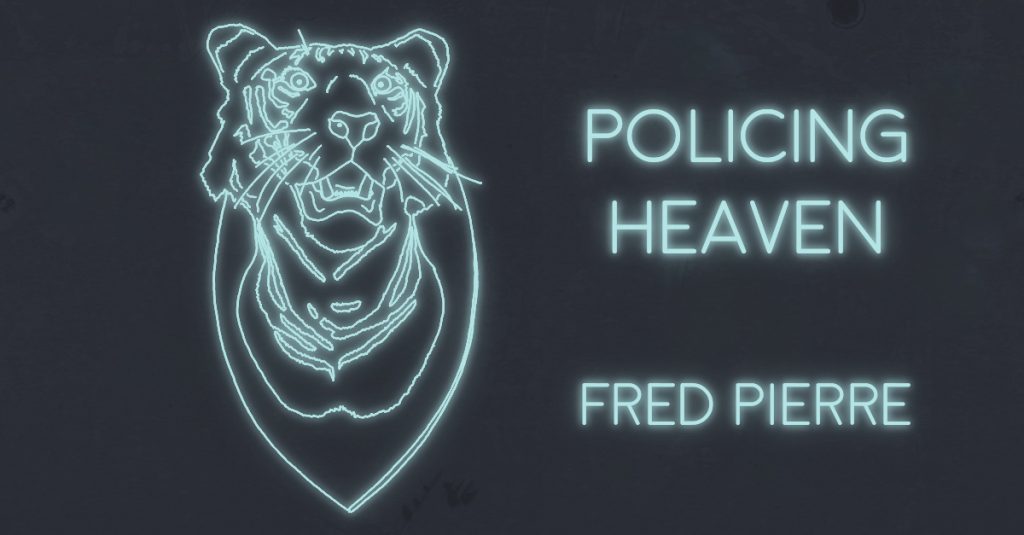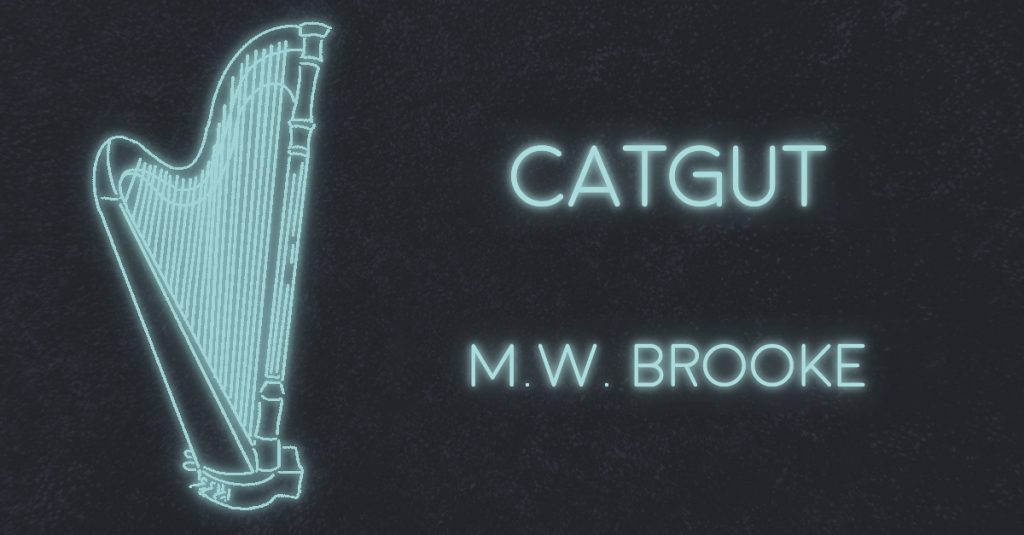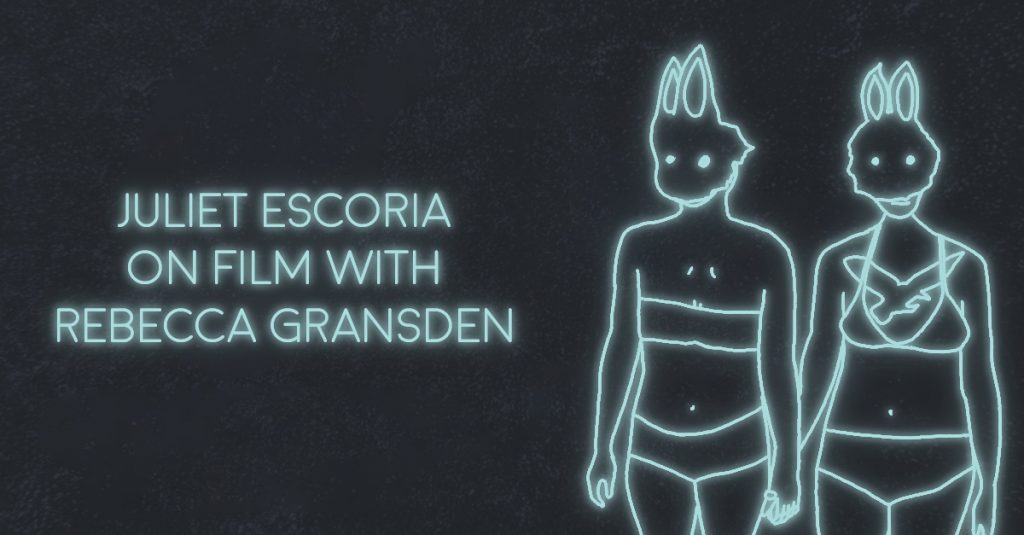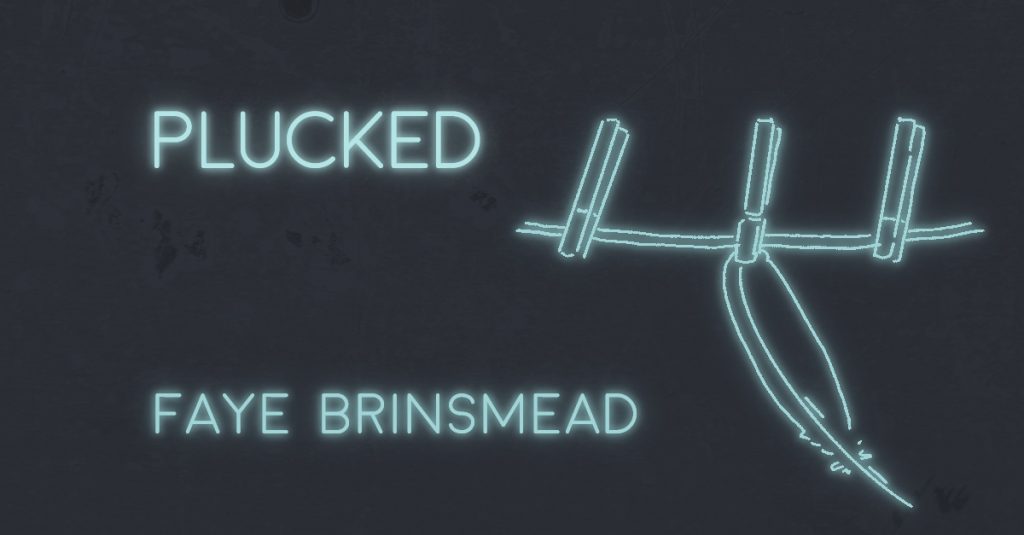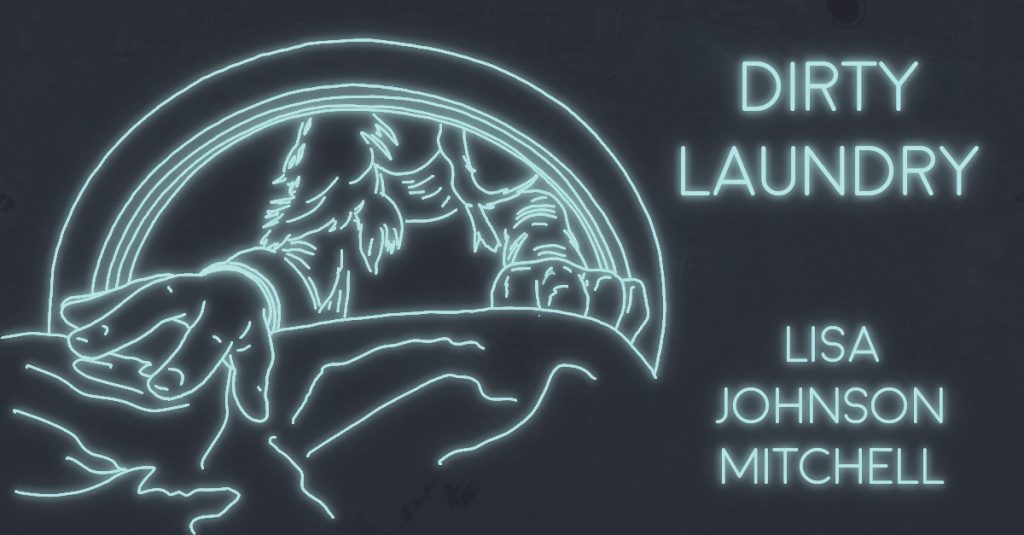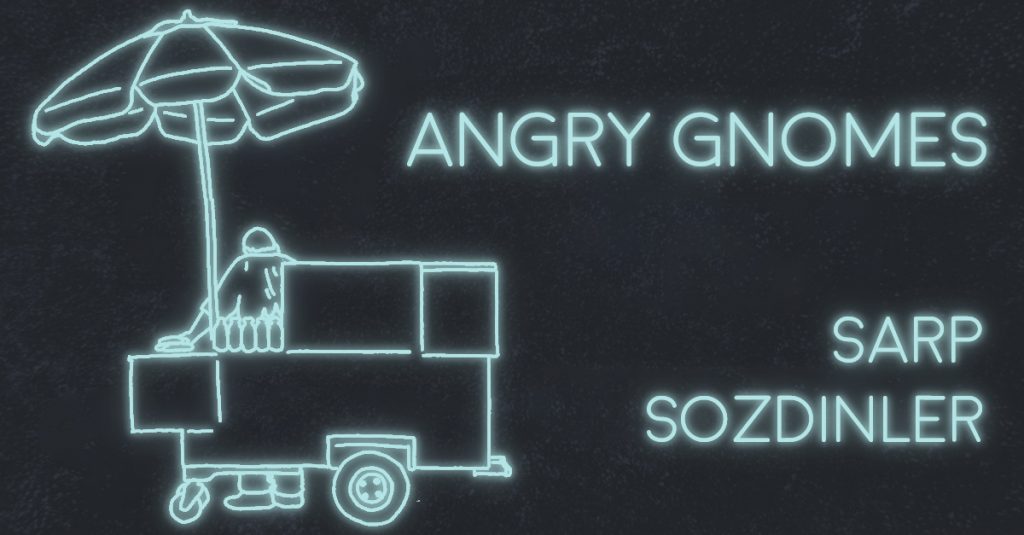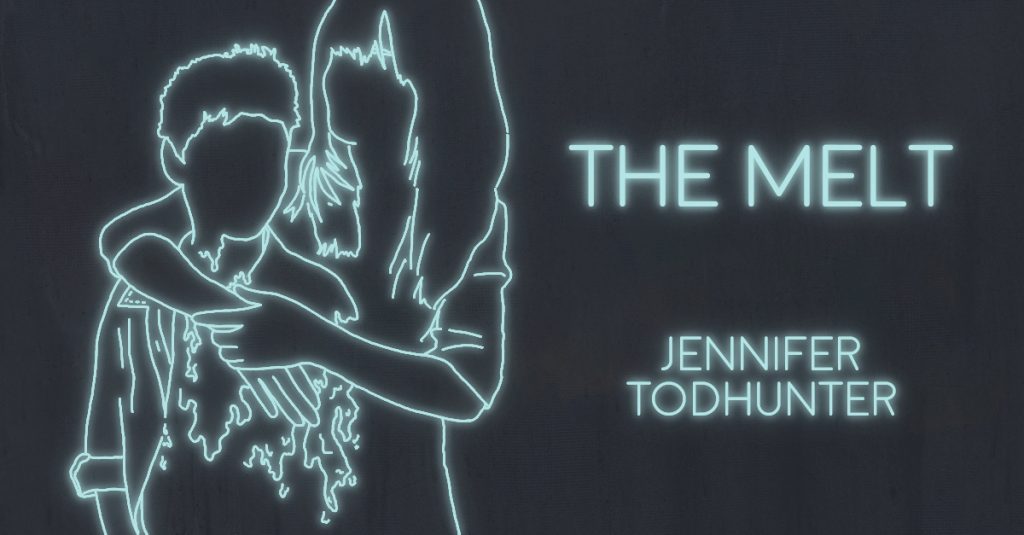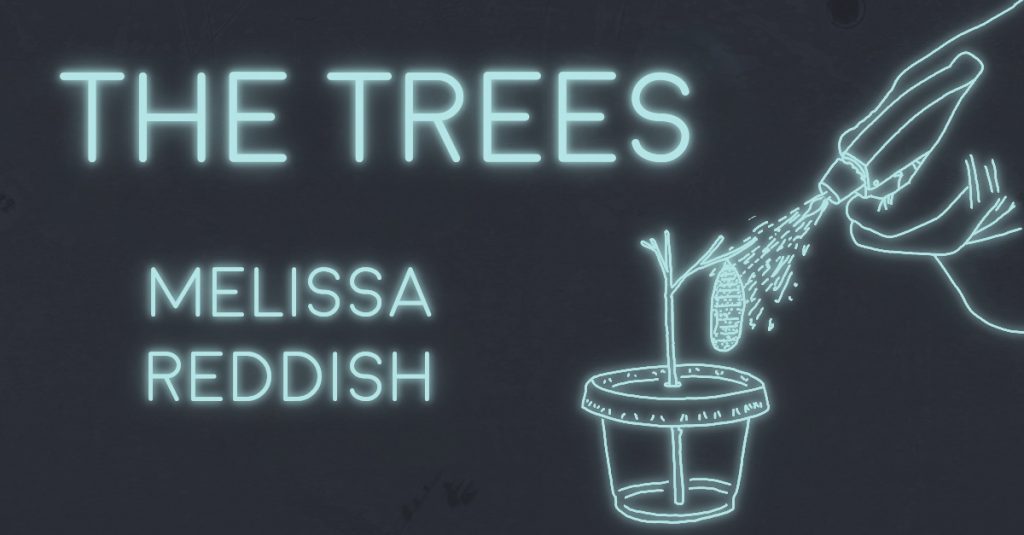
THE TREES by Melissa Reddish
One of my crushes, a male professor with whom I work, is texting one of my other crushes, a second male professor with whom I work. The first one never speaks above a whisper and the second one has bushy eyebrows I’d like to grind between my molars. They are texting each other snide comments about my taste in fashion and music. At least, that is what I assume. Sometimes I imagine laying with each of them, but we keep our clothes on. Sometimes I imagine coating each of them in polystyrene to keep them from shedding their beauty like silk.
The first male professor has climbed to the top of a very tall tree. It is one of the ancient pine trees that has been cut down to make way for progress. He is scanning the horizon, his hand shielding his eyes. I wish he were scanning the horizon for me, but I’m standing at the base of the tree, chucking peanut shells at our feet, so there’s no chance of that. Once I have amassed enough peanut shells, I will step into my final form as the saggy, baggy elephant, and my disappearance will be complete.
Meanwhile, the second male professor, the lesser of my two crushes, has begun his final lecture to a hall full of ants. That’s what he calls the kids these days. Of course, they’re not really kids but women in their fifties who are waiting for the second male professor’s unparalleled knowledge of modernism to transform them. Some of them get a little antsy and clip a lock of his hair when he isn’t looking, which is often, because the second male professor rarely makes eye contact. One of them has gathered a jar of her own urine and is waiting for the full moon so she can do something witchy with it. Another has lined the classroom with funhouse mirrors so that no matter which way the second male professor looks, he will see her. All of them are vibrating to the second male professor’s solipsistic frequency. The frequency cannot be found on a radio, but if it could, it would be a twelve-minute guitar solo by Buckethead.
The second male professor has left the hall, even though there is still an hour left. I think about finishing the lecture for him. After all, it is on Virginia Woolf, and I am a bit of an expert, having once dreamt a sexy all-female version of The Waves back in grad school. Each line of dialogue was nothing but vocal fry. But the second I walk into the room, the women in their fifties hiss and wrap their ill-fitting cardigans around themselves. They have taken each silken thread of the second male professor’s narrative, the secret one that laments the male pattern baldness that runs in his family, and woven it into a chrysalis the size of a small mangrove.
Even though my salary is based on my accomplishments and not my hopes and dreams, I stay with the chrysalises. I feel a kind of tenderness to them, and by that, I mean the pull of a future both terrifying and tidal. It is the same feeling as watching a small child order the wrong flavor of ice cream, like mango. Nobody likes mango. I try to name the women in their fifties: there is Helen and Miriam and Peaches and Cushion. They don’t respond to these names, but they don’t seem to hate them, either. For once, nobody has mentioned the way my lips pucker inward or the way my laugh sounds like butt cheeks slapping together. I think maybe this is love. I think maybe I don’t need the crushes after all.
The women in their fifties have no natural enemies except time and a general malaise that sets in around the eyes and hips. I can’t protect them against either, but I can spray each chrysalis with a fine mist and rub it clean. Each one is as shiny as an oil spill.
Days pass. Weeks. The carapaces are beautifully structured things, the outside a smooth poly-cotton blend. By contrast, I seem to be diminishing. Every day my skin sags and I keep losing chunks of my foundation. If only my crushes could see me now, I think as I cough up phlegm the color of interrupted sex. Sometimes I try to climb atop a chrysalis so it can cocoon me in its amniotic comforts, but the chrysalises are too busy to notice me. Always the bridesmaid, I chuckle as I wipe away my own viscous trail.
Soon, men in blue jumpsuits begin to wheel the desks away. I try to find my authoritative teacher voice. Excuse me, but class is still in session. One man grunts, a second one shrugs. A third hands me a paper the shape of a tombstone as he wheels the entire teacher station out the door.
We are deeply apologetic
for the unfortunate role
the institution has played.
Deepest condolences go
out to the families affected.
No refunds will be provided
at this time. –Admin
After the men leave, nothing is left but a patch of dry grass, the chrysalises, and me. A better woman would leave since I’m definitely not getting paid anymore. Of course, I haven’t gotten paid for years since the money has been deposited directly in an offshore account and the remainder rounded up for charity.
Perhaps at this point, you are expecting a beautiful transformation, a metaphor that will gather the latent power of Mother Earth in one final burst of florescent magnificence. But all that happens is I gather the chrysalises, which have begun to rot, into the hollow of an old oak tree. Here, in this fungal gloom, I can finally let my hair down. The women in their fifties (who are breaking down into the most delicious slurry) tell me it reminds them of their youth. I shouldn’t change a thing.

